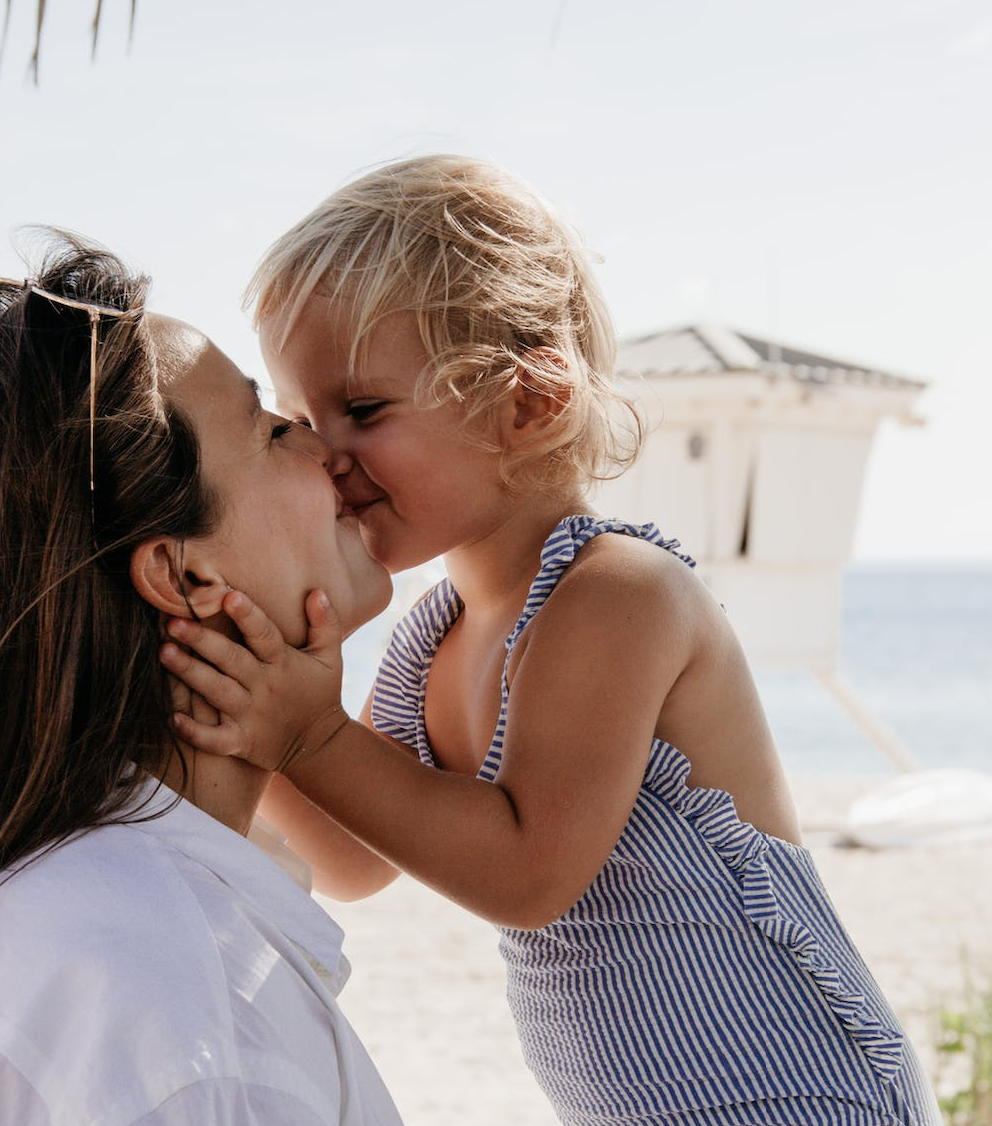Travel Etiquette: Spring Break
21st March 2022
“Even if you’re a seasoned traveler, going anywhere with children is a challenge. You can imagine the experiences I’ve had after years of traveling with five of them! I recall a particular overnight flight when one of my sons was teething; he just cried and cried, and I couldn’t get him to settle down. I walked around in circles in the gallery, desperately trying to sooth him. Once the plane landed and after I had gone six hours with no sleep, a gentlemen approached me and made a snide remark about how rude and inconsiderate I had been on the flight. This bothered me a great deal for quite a while. I had been very conscious of the comfort of my fellow passengers and had tried my best to keep my son away in the gallery. I wanted to tell this man that a baby is a baby – but I didn’t I’m sure most parents have been in similar situations, and no matter how prepared we think we are, we will all experience such incidents that are so completely out of our control.” – Marie-Chantal

Every public interaction you partake in is an opportunity to set an example for how a family should behave. You don’t want to be the loudest parent in a restaurant, for instance, or accidentally do something that might offend anyone. Children today don’t need to be polished and polite as, say, those of our parents’ generation, and we certainly don’t subscribe to the old adage that “children should be seen and not heard; “when children openly voice their opinions, their little personalities are allowed to shine through. This isn’t the case in many parts of the world, however, so when you’re visiting a foreign country, try to learn about their rules and customs before you travel, so that you can be sure to observe them when you are there.

BE CONSIDERATE
It doesn’t take much to be considerate. All you need to do is be thoughtful. Whenever we travel or even while we’re out and about in the city, I always remind my children to let others exit before they enter-whenever from elevators, trains, buses, restaurants, office buildings… pretty much anywhere and everywhere. When exiting a plane, they know they must wait their turn to leave their seats- no pushing or scrambling to get out first (there’s nothing worse than someone pushing past you while you try to gather items from your seat after a long flight). Another big no-no on a plane is letting your child kick the seat in front of them (we’ve all been on the receiving end of this, sadly) or fight loudly with a sibling. I insist that my children keep their voices down on flights, as I never, ever want to be the mother with the child who is shouting and being rude.
LANGUAGE
Before you travel to another country, it’s a good idea to teach your child to say “Please,” “Thank you,” “Excuse me,” and a few other useful words and phrase in the local language. It’s really rather sweet to hear a child trying to incorporate a new language into their vocabulary, and it also shows that they are receptive to a new culture. You don’t want to overwhelm them, though, so just focus on a handful of words, and they will hopefully be able to master them. Kids will be heartened to see how excited people are when they hear a child trying to speak in their language, especially if the child is being polite.
MIND YOUR MANNERS
When staying at a hotel, be mindful of the people around you-and also below you. Tell your kids to try not make too much noise, especially if you’re like me and have a large family. (I have been reprimanded once or twice by hotel security for letting the boys run up and down their bedrooms bouncing a ball.) Also bear in mind that a hotel is like an apartment building and, although many hotels are child-friendly, that doesn’t give kids carte blanche to misbehave. Children love to run into their new spaces and jump on beds, open closets – and don’t forget the minibar and snacks! Make sure you set ground rules as to what is or isn’t allowed.

BE A POLITE HOUSEGUEST
If you or your family are staying with another family while on your travels, it’s polite to bring them a gift as a token of appreciation. Do your best to follow the rules of the house and be gracious to your host. At the risk of sounding like a broken record, remind your child to always say “Please” and “Thank you.” Also be sure to keep your room tidy! You don’t want your child to make a mess of someone else’s house. A sign of excellent manners is a family (this includes the children) that offers to help clean up.
BE PATIENT
Don’t you find it funny how every impatient child seems absolutely fine in a movie theatre or waiting in a long line for a ride at an amusement park, yet finds it impossible to sit still in a car or plane without being entertained? If you’re going on a long journey, keep your child occupied with some of the suggestions I made earlier. (Remember travel backpack?) Pack a snack and some fun activities. It’s also a good opportunity to get your kids to listen to audiobooks and create a playlist together before you set off. Again, the key is to make these trips fun.
BE POSITIVE
Every trip will involve some sort of obstacle, and not every trip is a “vacation.” If you are having a hard time dealing with relatives or if a hotel isn’t quite what you envisaged when you booked it, try to focus on something positive, as they will feed off your energy. This sounds like simple advice, but remaining optimistic in less than ideal circumstances is a sign of good manners.
Communication is key when you are unhappy with a situation; let your child know that it’s not impolite to complain or express their unhappiness, but they just have to do it in a thoughtful way. This also applies to parents who might lose their cool and scream at the waitstaff or hotel clerk while their small child looks on. Your child is learning how to interact with others through your interactions with adults, so you must ensure you are able to express your emotions respectfully.
Even the best vacation can be hard for a child who misses their bed and some of their familiar comforts. Bringing a favorite toy from home can give your child a sense of security and help make the transition to the new location a happy one, because happiness keeps a little piece of comfort close.
Have a question for MC?
Email us at askmc@mariechantal.com

Join Us On Spotify
Browse MC's recommended playlists for bathtime, playtime and then when baby has gone to bed, grown-up time.



